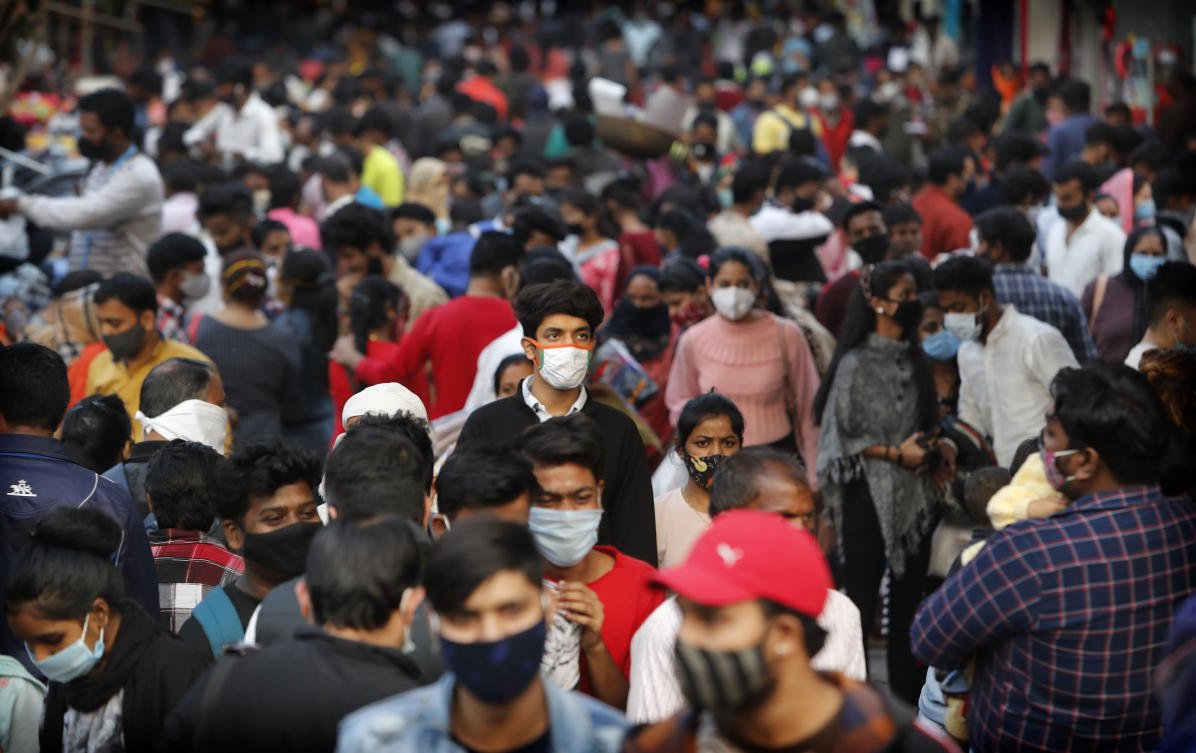
NEW DELHI: With Americans, Britons and Canadians rolling up their sleeves to receive coronavirus vaccines, the route out of the pandemic now seems clear to many in the West, even if the rollout will take many months. But for poorer countries, the road will be far longer and rougher.
The ambitious initiative known as COVAX created to ensure the entire world has access to COVID-19 vaccines has secured only a fraction of the 2 billion doses it hopes to buy over the next year, has yet to confirm any actual deals to ship out vaccines and is short on cash.
The virus that has killed more than 1.6 million people has exposed vast inequities between countries, as fragile health systems and smaller economies were often hit harder.
COVAX was set up by the World Health Organization, vaccines alliance GAVI and CEPI, a global coalition to fight epidemics, to avoid the international stampede for vaccines that has accompanied past outbreaks and would reinforce those imbalances.
But now some experts say the chances that coronavirus shots will be shared fairly between rich nations and the rest are fading fast. With vaccine supplies currently limited, developed countries, some of which helped fund the research with taxpayer money, are under tremendous pressure to protect their own populations and are buying up shots.
Meanwhile, some poorer countries that signed up to the initiative are looking for alternatives because of fears it won’t deliver.
“It’s simple math,” said Arnaud Bernaert, head of global health at the World Economic Forum. Of the approximately 12 billion doses the pharmaceutical industry is expected to produce next year, about 9 billion shots have already been reserved by rich countries. “COVAX has not secured enough doses, and the way the situation may unfold is they will probably only get these doses fairly late.”
To date, COVAX’s only confirmed, legally binding agreement is for up to 200 million doses, though that includes an option to order several times that number of additional doses, GAVI spokesman James Fulker said. It has agreements for another 500 million vaccines, but those are not legally binding.
The 200 million doses will come from the Serum Institute of India, the company that will likely make a large portion of the coronavirus shots destined for the developing world. CEO Adar Poonawalla says it has a confirmed order for 100 million doses each of a vaccine developed by Oxford University and AstraZeneca and one from Novovax.
“We don’t have anything beyond that in writing,” he said. “If they want more, they’ll have to place more orders.”
He said the lack of commitment from COVAX will mean a much longer wait for people in developing countries. Poonawalla also noted that his company’s first priority would be making shots for India, which has suggested it wants at least 300 million vaccines. It’s likely India would not be able to take all of those at once, but a big order could delay the distribution of vaccines for other parts of the developing world, Poonawalla said.
Potentially further slowing down the process is that neither the AstraZeneca vaccine nor the Novovax one has been licensed by any regulatory agency yet – and any injection distributed by COVAX will likely need WHO approval.
COVAX does not have any supplies of the two vaccines that appear to be most effective so far – the Pfizer-BioNTech shot and the Moderna one. The United Kingdom has already begun giving the Pfizer vaccine, and the United States and Canada are rolling it out this week. Some Gulf countries have also authorized it.
Still, GAVI said they “aim to start rolling out safe and effective vaccines to COVAX (member countries) at scale within the first and second quarters of the New Year.”
Even with vaccines in hand, the rollouts will take many months, even in rich countries, and many developing ones are facing serious logistical challenges that will add to delays, noted Dr. Gagandeep Kang, an infectious diseases expert at the Christian Medical College at Vellore in southern India.
John Nkengasong, director of the Africa Centers for Disease Control and Prevention, criticized Western countries for buying up the global vaccine supply “in excess of their needs while we in Africa are still struggling with the COVAX (effort).”
With no certainty about which shots would work, governments scrambled in recent months to sign multiple deals to ensure their citizens would have at least some COVID-19 injections. Canada, for example, bought nearly 200 million vaccines — enough to cover its population of 38 million about five times over.
Nkengasong called the idea that people in rich countries would get immunized while Africans go without “a moral issue.”
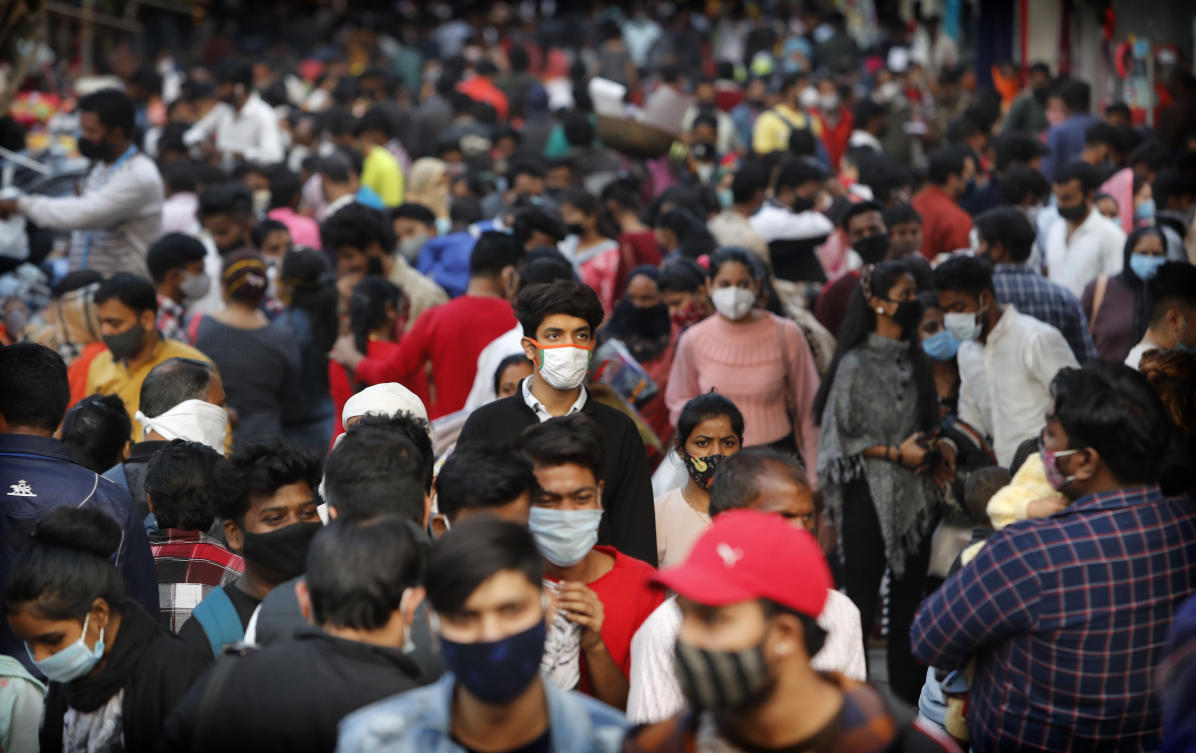
India records more than 44,000 new coronavirus cases$4bn to produce coronavirus vaccine in Africa
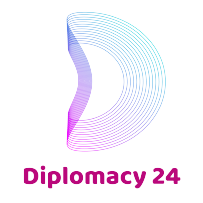
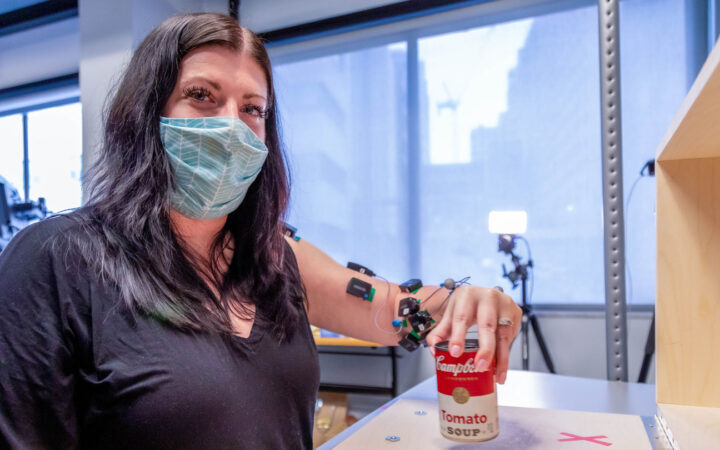 A new treatment could restore some mobility in people paralyzed by strokes
A new treatment could restore some mobility in people paralyzed by strokes 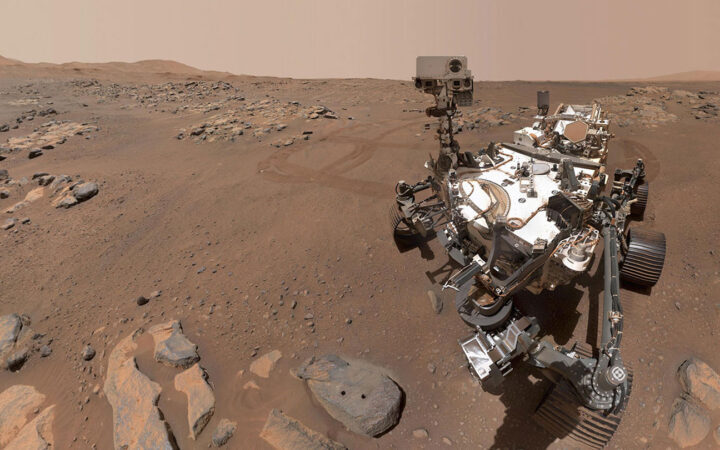 What has Perseverance found in two years on Mars?
What has Perseverance found in two years on Mars? 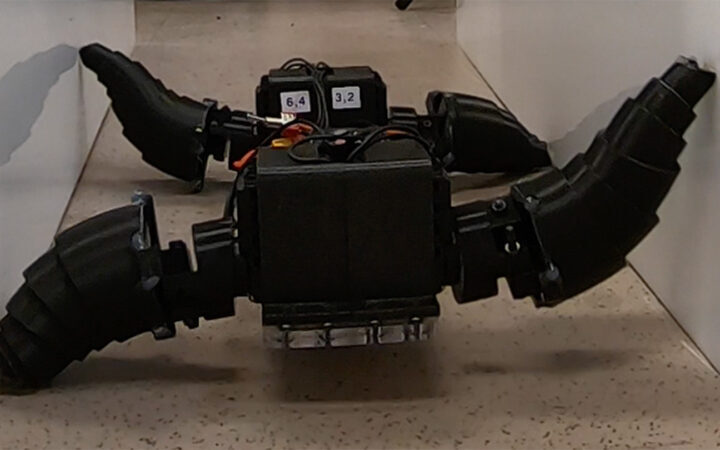 This robot automatically tucks its limbs to squeeze through spaces
This robot automatically tucks its limbs to squeeze through spaces 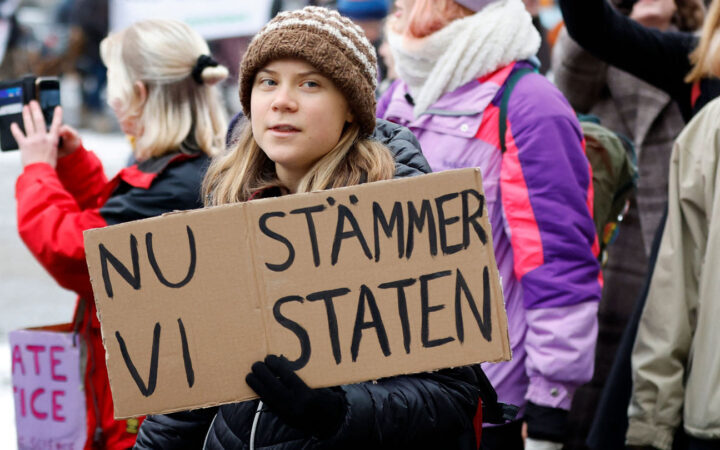 Greta Thunberg’s new book urges the world to take climate action now
Greta Thunberg’s new book urges the world to take climate action now 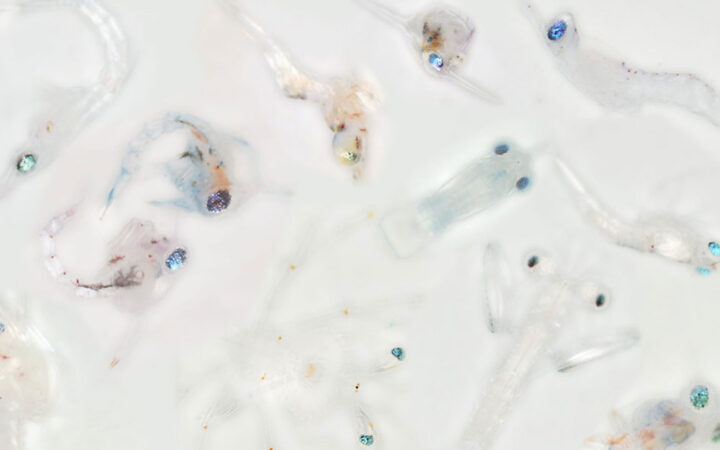 Glassy eyes may help young crustaceans hide from predators in plain sight
Glassy eyes may help young crustaceans hide from predators in plain sight 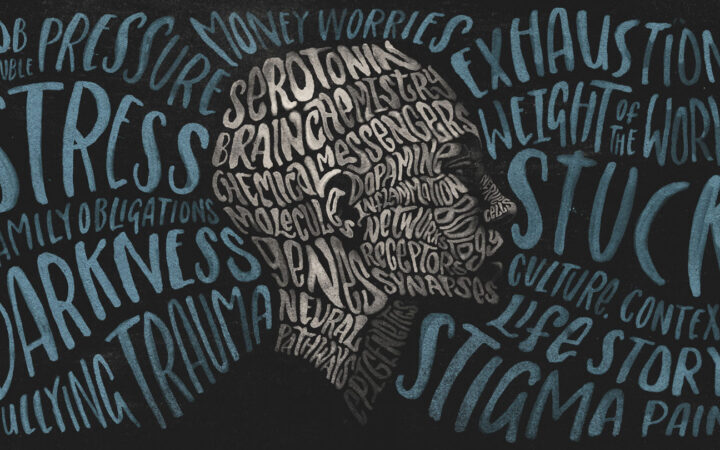 A chemical imbalance doesn’t explain depression. So what does?
A chemical imbalance doesn’t explain depression. So what does?